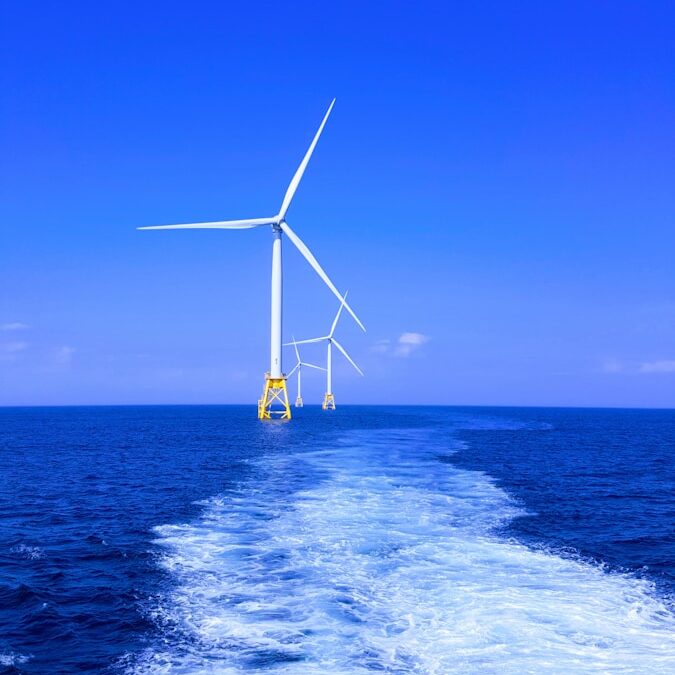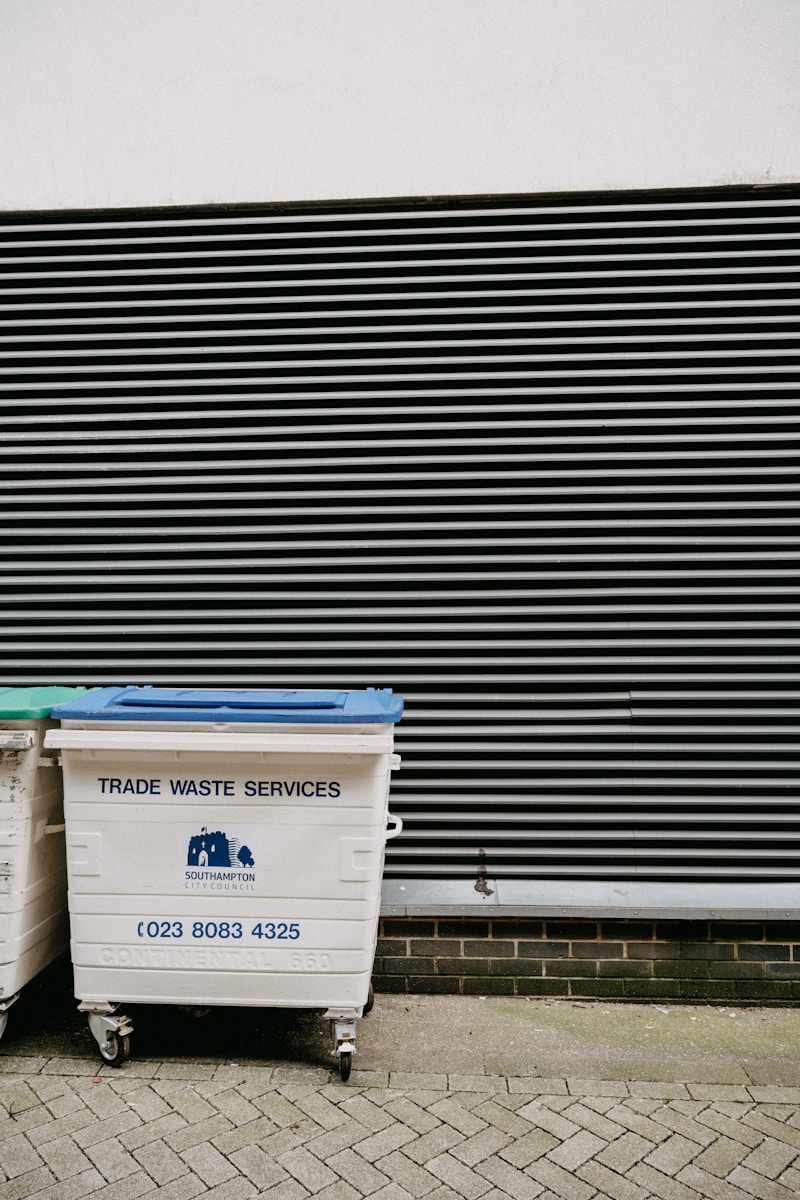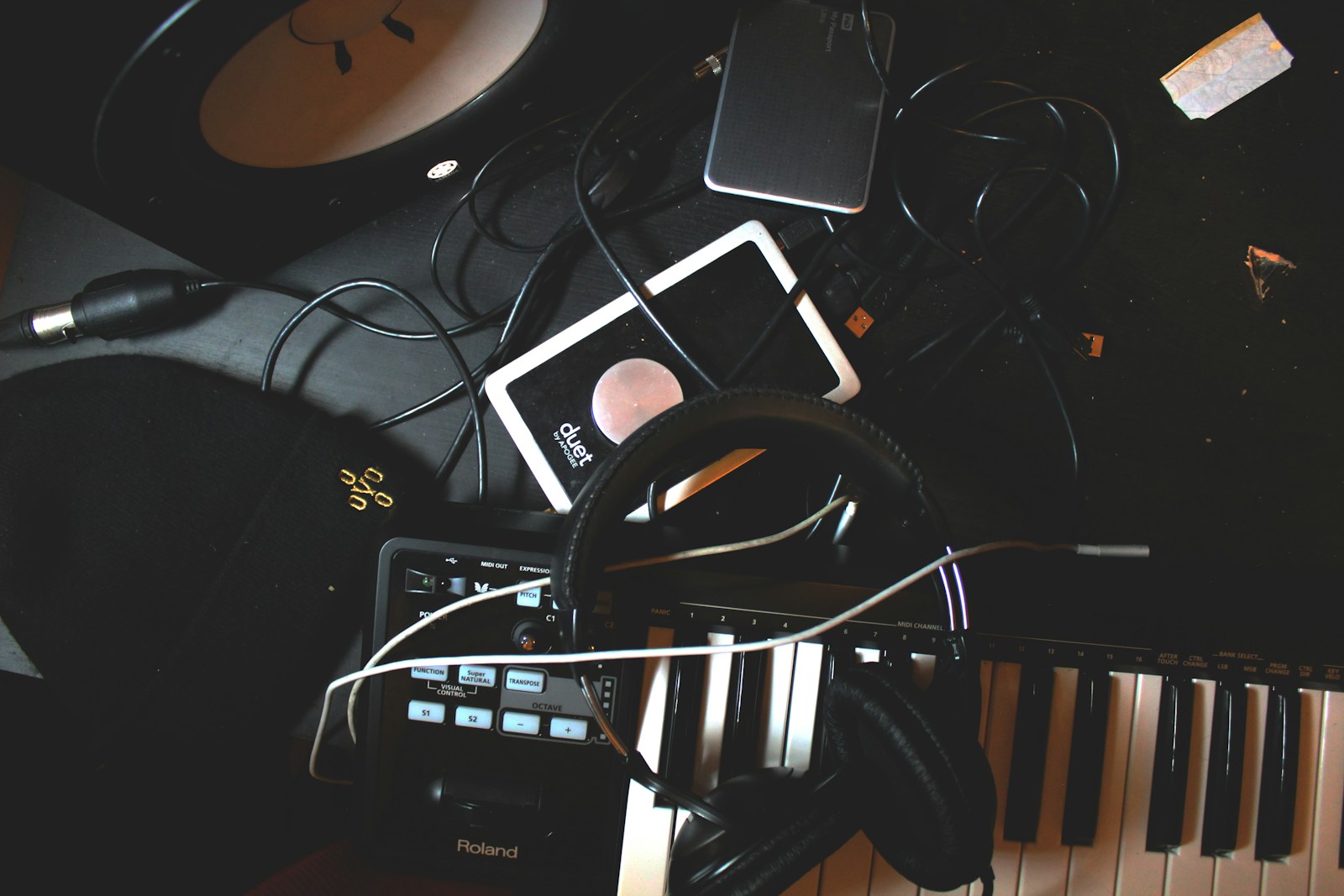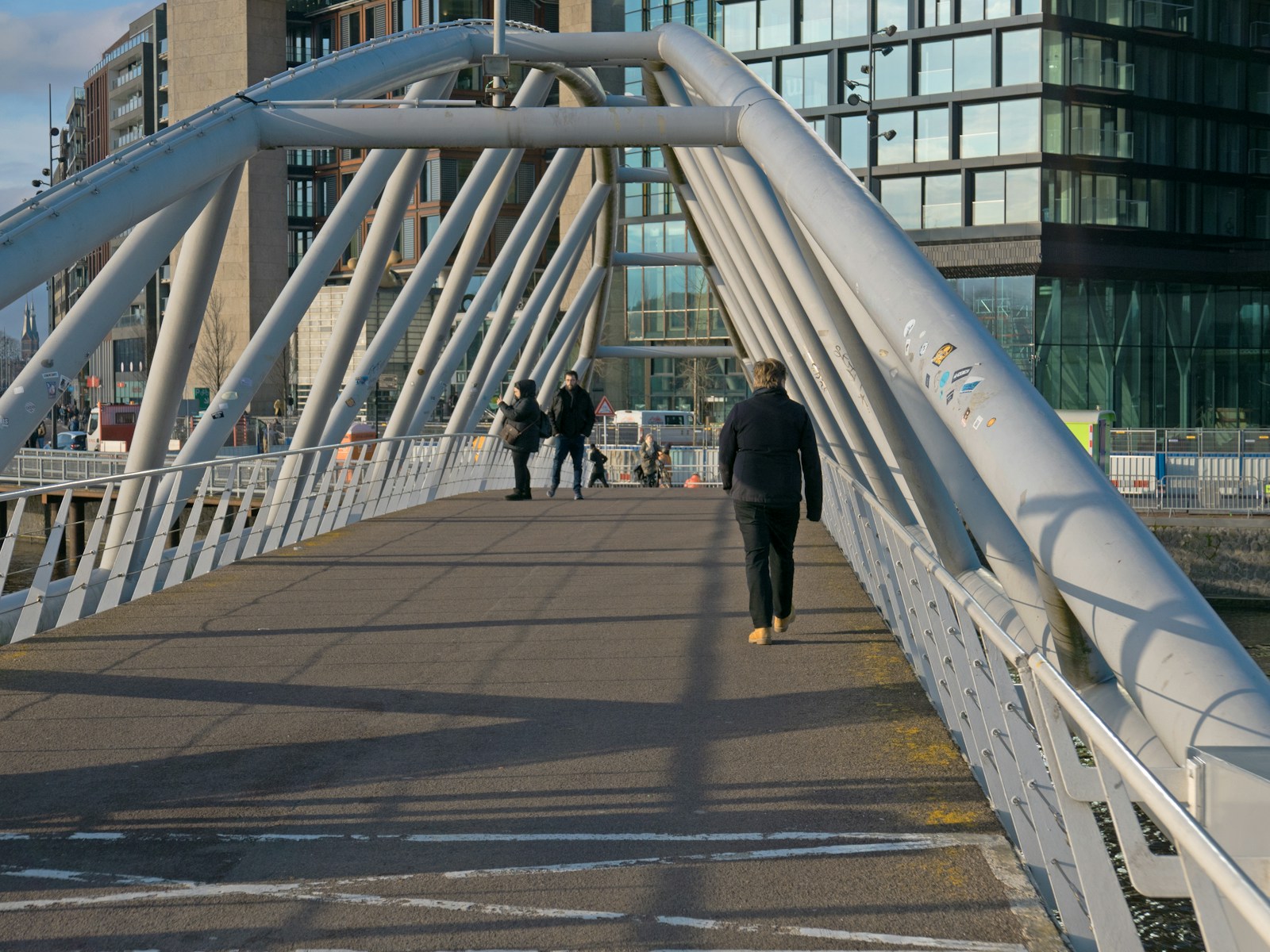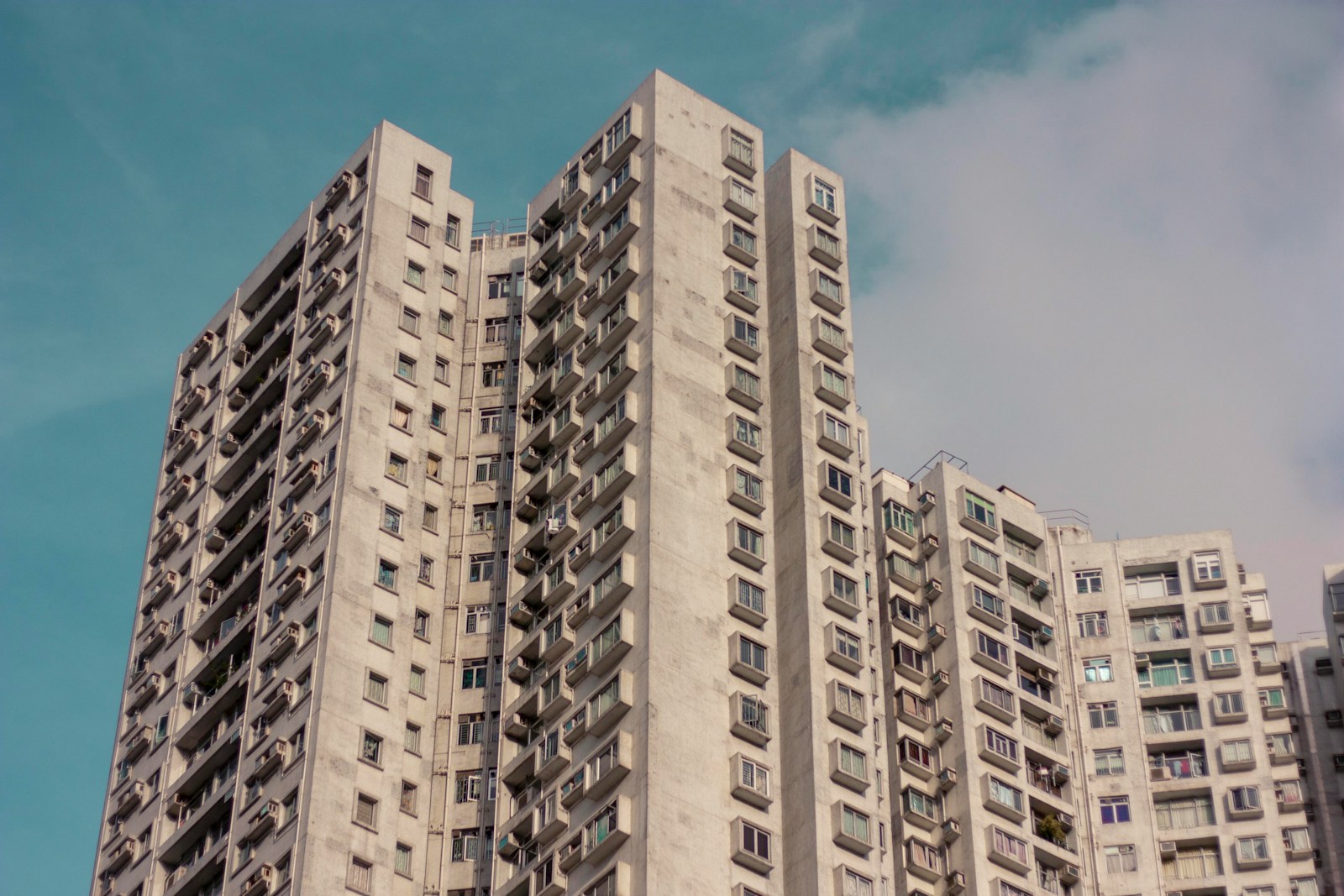How IoT Technology Enhances Energy Conservation and Sustainability in Cities
Optimizing Energy Usage through Smart IoT Solutions
The leveraging of IoT for energy conservation and sustainability has become a cornerstone of modern urban management, particularly in forward-looking cities like Riyadh and Dubai. IoT technology provides cities with the tools to monitor and manage energy consumption in real time, enabling significant reductions in waste and fostering a more sustainable urban environment. By deploying a network of sensors and connected devices, cities can gather data on energy use across buildings, public infrastructure, and transportation systems, allowing for dynamic adjustments that optimize efficiency.
For instance, in Dubai, smart meters are used to monitor electricity usage in government buildings, commercial spaces, and residential complexes. These meters provide real-time data on energy consumption patterns, which are then analyzed by AI-driven platforms to identify inefficiencies. Based on these insights, automated adjustments can be made, such as dimming lights in unoccupied areas or optimizing air conditioning systems based on occupancy and weather conditions. This proactive approach not only reduces energy costs but also supports the city’s broader sustainability goals by minimizing its carbon footprint.
Moreover, IoT solutions extend to optimizing the energy usage of public infrastructure, such as street lighting and traffic signals. In Riyadh, smart lighting systems equipped with IoT sensors adjust brightness levels based on the time of day, weather conditions, and pedestrian traffic. This adaptive lighting strategy significantly reduces electricity consumption while maintaining safety and visibility. Additionally, IoT-enabled traffic management systems help reduce vehicle idling time at intersections, lowering fuel consumption and emissions. By leveraging IoT for energy efficiency, cities can create a more sustainable and livable urban environment.
Supporting Renewable Energy Integration with IoT
The leveraging of IoT for energy conservation and sustainability also plays a critical role in integrating renewable energy sources into the urban power grid. IoT technology enables real-time monitoring and management of renewable energy systems, such as solar panels and wind turbines, optimizing their performance and ensuring a stable energy supply. In Saudi Arabia, where solar energy is a key component of the national energy strategy, IoT sensors are used to track the performance of solar installations, monitoring parameters such as sunlight intensity, panel efficiency, and energy output.
In Dubai, IoT-driven smart grids allow for the seamless integration of renewable energy sources, balancing supply and demand dynamically to maintain grid stability. These smart grids use IoT sensors to monitor energy flows from various sources, including solar, wind, and traditional power plants. When renewable energy production is high, the system can automatically store excess energy in batteries or direct it to high-demand areas, reducing reliance on fossil fuels. This intelligent energy management not only supports sustainability but also enhances energy security, making cities more resilient to fluctuations in energy supply.
Furthermore, IoT technology facilitates the efficient use of distributed energy resources, such as rooftop solar panels and small-scale wind turbines. In Riyadh, businesses and households equipped with these resources can use IoT devices to monitor their energy production and consumption, making informed decisions about when to use, store, or sell excess energy back to the grid. This decentralized approach to energy management empowers citizens to actively participate in sustainability efforts, contributing to a cleaner and more resilient energy landscape.
Enhancing Water Conservation through IoT-Enabled Systems
Beyond electricity, the leveraging of IoT for energy conservation and sustainability extends to water management, a critical aspect of urban sustainability, especially in arid regions like Saudi Arabia and the UAE. IoT technology enables cities to monitor water usage, detect leaks, and optimize irrigation systems, ensuring that water resources are used efficiently and responsibly. In Dubai, smart water meters provide real-time data on household and commercial water consumption, helping users identify areas where they can reduce usage and avoid wastage.
IoT sensors are also used to monitor the condition of water distribution networks, detecting leaks and bursts that could lead to significant water loss. By pinpointing the exact location of leaks, city authorities can carry out targeted repairs, minimizing disruptions and conserving precious water resources. In Riyadh, IoT-enabled irrigation systems in parks and public spaces adjust watering schedules based on weather forecasts and soil moisture levels, reducing water usage by ensuring that plants are only watered when necessary.
Additionally, IoT technology supports the sustainable management of wastewater, enabling cities to monitor and optimize treatment processes. IoT sensors track key parameters in wastewater treatment plants, such as flow rates, chemical usage, and treatment efficiency. By analyzing this data, operators can make adjustments that improve the effectiveness of treatment processes, reduce energy consumption, and ensure compliance with environmental standards. This holistic approach to water management not only conserves resources but also supports the health and wellbeing of urban communities.
Strategic Benefits of IoT in Urban Sustainability
Driving Data-Driven Decision Making in Sustainability Efforts
The leveraging of IoT for energy conservation and sustainability empowers cities to make data-driven decisions that enhance the effectiveness of their sustainability initiatives. By collecting and analyzing data from a wide range of sources, including energy meters, water sensors, and environmental monitors, IoT provides a comprehensive view of urban resource usage. In Saudi Arabia, this data-driven approach allows cities to identify trends, set benchmarks, and measure progress towards sustainability targets, ensuring that efforts are aligned with strategic goals.
In Dubai, IoT technology supports real-time decision-making in energy management, allowing city officials to respond quickly to changing conditions. For example, during periods of high energy demand, IoT systems can automatically reduce power usage in non-essential areas or switch to backup energy sources. This agility ensures that cities can maintain service levels while avoiding excessive strain on the power grid. By leveraging IoT, cities can not only optimize resource usage but also build a more resilient and adaptable urban infrastructure.
Moreover, the integration of AI with IoT enhances predictive capabilities, allowing cities to anticipate future needs and challenges. AI algorithms analyze historical data alongside real-time inputs from IoT sensors to forecast energy demand, water usage, and other resource needs. This predictive approach enables cities like Riyadh to implement proactive measures, such as expanding renewable energy capacity or upgrading infrastructure, well in advance of potential issues. By leveraging IoT for forward-looking decision-making, cities can stay ahead of sustainability challenges and achieve their long-term environmental goals.
Promoting Public Engagement and Awareness through IoT
Another strategic advantage of leveraging IoT for energy conservation and sustainability is its ability to promote public engagement and awareness. IoT technology provides citizens with real-time information about their energy and water usage, empowering them to make more sustainable choices. In Dubai, interactive dashboards and mobile apps display data on household energy consumption, offering tips and recommendations for reducing usage. This transparent approach not only encourages responsible behavior but also fosters a culture of sustainability across the community.
In addition, IoT-enabled public awareness campaigns can highlight the collective impact of individual actions, showing how small changes in behavior can contribute to significant environmental benefits. For example, cities can use IoT data to demonstrate the cumulative effect of reduced energy consumption during peak hours or increased recycling rates. By visualizing these impacts, cities can inspire residents to participate more actively in sustainability initiatives, creating a sense of shared responsibility and collective achievement.
For business executives, mid-level managers, and entrepreneurs in Saudi Arabia and the UAE, understanding the role of IoT in promoting sustainability is essential for navigating the evolving business landscape. By embracing IoT, businesses can not only enhance their own resource efficiency but also align with the broader sustainability goals of the cities in which they operate. As urbanization continues to grow, the importance of IoT in energy conservation and sustainability will only increase, providing a pathway to a greener and more resilient future.
Conclusion: Embracing IoT for a Sustainable Future
The leveraging of IoT for energy conservation and sustainability is a powerful tool for cities seeking to enhance their environmental performance and build a more sustainable future. By providing real-time data, supporting efficient resource management, and engaging the community, IoT technology enables cities to reduce their carbon footprint and improve the quality of life for their residents. As Saudi Arabia and the UAE continue to lead in smart city development, the adoption of IoT for sustainability will be key to achieving their vision of thriving, resilient, and environmentally responsible urban environments.
For leaders and decision-makers in Riyadh, Dubai, and beyond, investing in IoT for energy conservation is not just about enhancing efficiency—it is about creating a sustainable legacy for future generations. By understanding and leveraging the power of IoT, cities can better manage their resources, reduce their environmental impact, and pave the way for a more sustainable and prosperous future.
—
#IoT #EnergyConservation #Sustainability #SmartCities #SaudiArabia #UAE #DigitalTransformation #Technology #Resilience #GreenEnergy #Innovation
